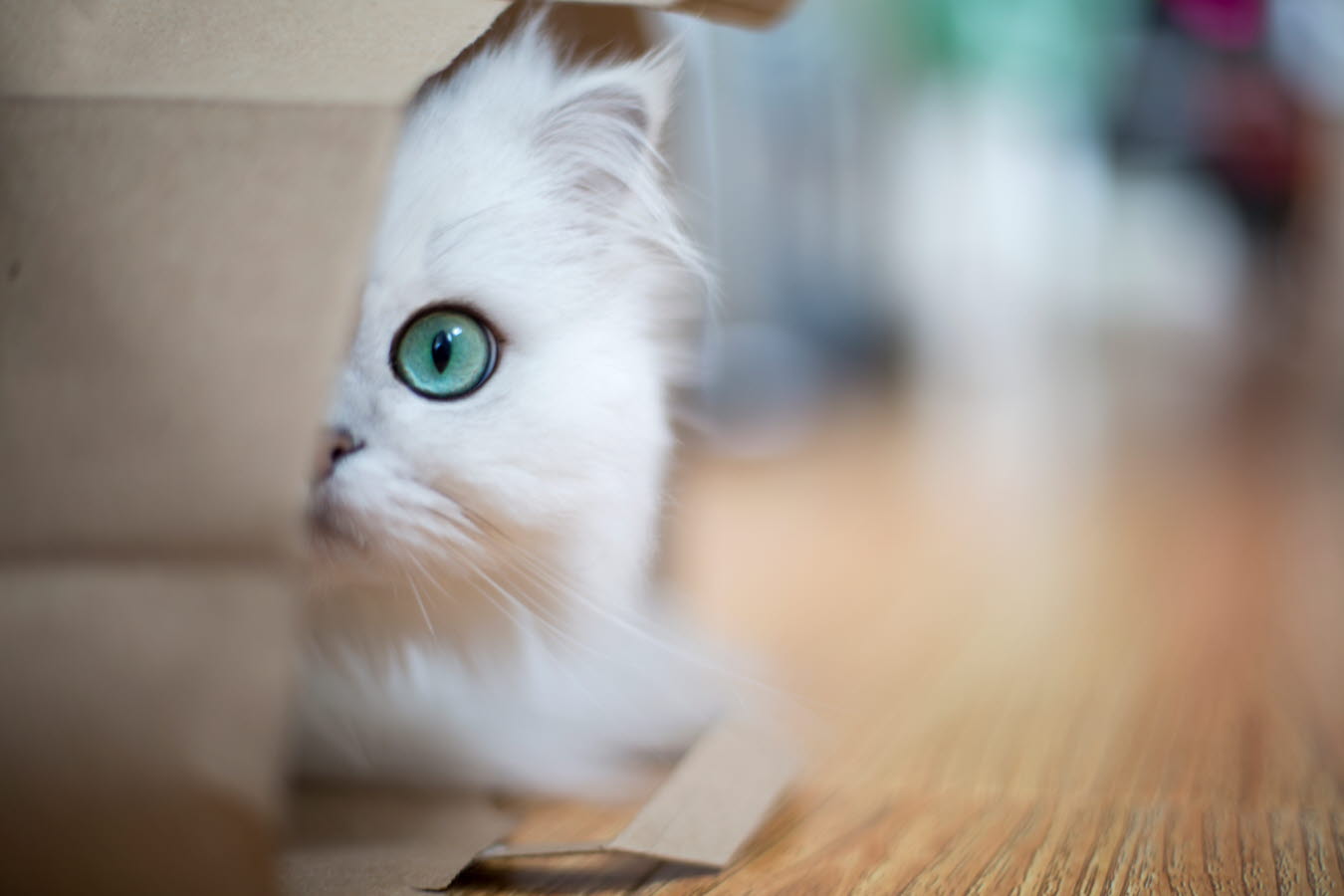
Advertorial: Hill's Pet Nutrition
Sadly, inappropriate urination (or peeing in the wrong place) is the number one cause of re-homing and euthanasia in cats. Whilst incredibly frustrating, it is important to remember that your feline friend is exhibiting this behaviour as a cry for help.
Why are they doing it?
When a cat is peeing in the wrong place there are three main possible causes:
- A medical condition. See your veterinarian to ensure your cat isn’t suffering from a urinary tract disease or other condition.
- Changes to their environment. Common triggers include: recent boarding, a new pet, changes in routine or family gatherings. Such changes can stress cats out and lead to inappropriate urination, especially in multi-cat households.
- Litter box issues. Litter box size, location, litter type and cleanliness can all affect a cat’s toileting behaviour.
What can we do?
Once your vet has ruled out health problems (by examining your cat and analysing their blood, urine and relevant imaging), a likely conclusion is that the cause is behavioural. If so, there are a number of ways to help reduce your kitty’s anxiety.
Litter box management
- Make sure there is at least one extra litter box per cat in your home (the size and location of the litter boxes is also important).
- Make sure they like the litter being used (they can be very particular here).
- Keep the litter boxes immaculate. Cats are meticulous and will opt not to urinate or defecate in dirty litter boxes.
Environmental enrichment
Cats by nature are territorial and predatory creatures. Access to the outdoors fulfils their vital need for both mental and physical stimulation. If confined indoors they may become bored, which can lead to stress. Stress can precipitate urinary health and behavioural problems. Therefore, they need a variety of interactive and solo toys, especially if confined indoors.
5 key pillars of a healthy feline environment
- A safe place: to avoid and evade threats, noises, unfamiliar persons or objects, and other cats. Perches or shelves are ideal.
- A variety of cat friendly areas: separate areas where your cat is able to eat, drink, go to the toilet, play and rest - without being challenged by another cat.
- Opportunity for play and predatory behaviour.
- Affection and individual attention every day.
- An environment that “respects the importance of a cat’s sense of smell”. Strong smelling detergents and cleaning products can upset cats, as can the scent of a rival’s urine.
Nutrition
Nutrition is an important adjunct to managing urinary problems in cats. Complete and balanced Hill’s Prescription Diet c/d Multicare Stress, available by veterinary recommendation, is specially formulated to support your cat's urinary health, while also managing stress. Many cats with urinary issues can also benefit from eating canned or pouch foods as part of their daily diet as they contain more water and help to keep the urine more dilute.
So don’t despair
There is hope for cats that pee where you don’t want them to. But remember — it all starts with a visit to the vet!
Dr Jennifer Ervin BVSc (Hons) MPH

Jen is a University of Melbourne (UoM) veterinary graduate who spent many years working in private clinical practice, both in Australia as well as overseas, before joining Hill’s Pet Nutrition as a Professional Consulting Veterinarian. Jen also has a Masters of Public Health from UoM. Jen is actively involved in the educational programs offered by Hill’s and presents across Australia to both vets and nurses.
